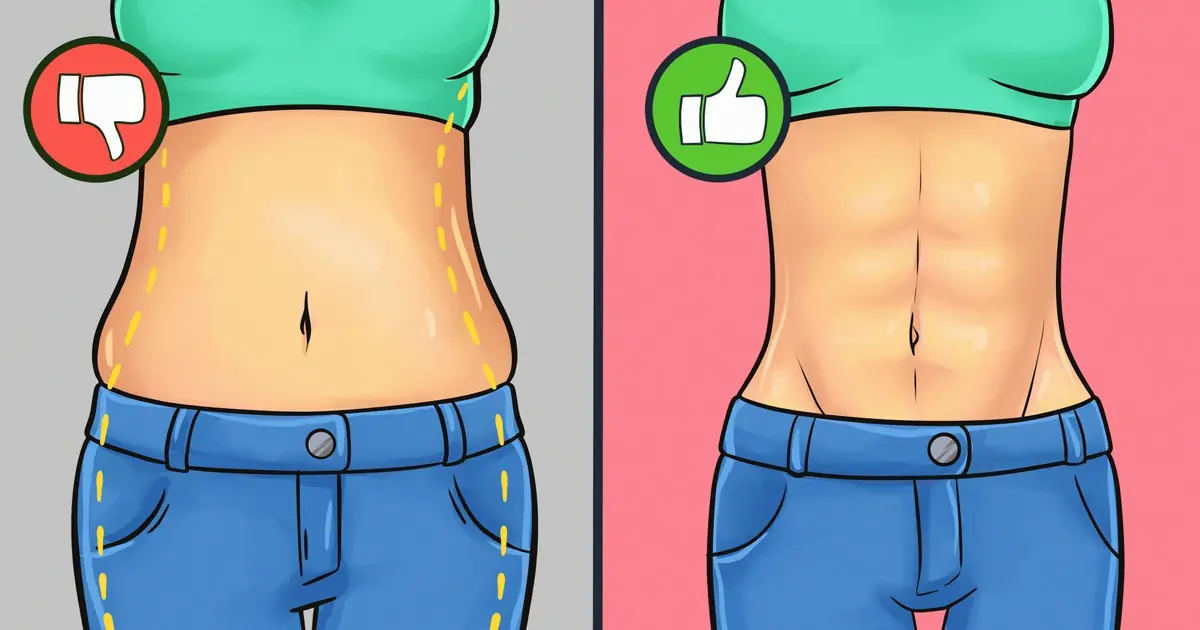
7 Warning Signs You May Have Uterine Fibroids
7 Warning Signs You May Have Uterine Fibroids
Uterine fibroids are a common health concern for many women. These noncancerous growths can develop in the uterus and, while they are often harmless, they can sometimes cause significant discomfort and complications. With up to 75% of women experiencing fibroids during their childbearing years, it’s important to understand what they are, what causes them, and how to spot the warning signs.
This article will help you identify the common symptoms of uterine fibroids and provide essential information about this condition.
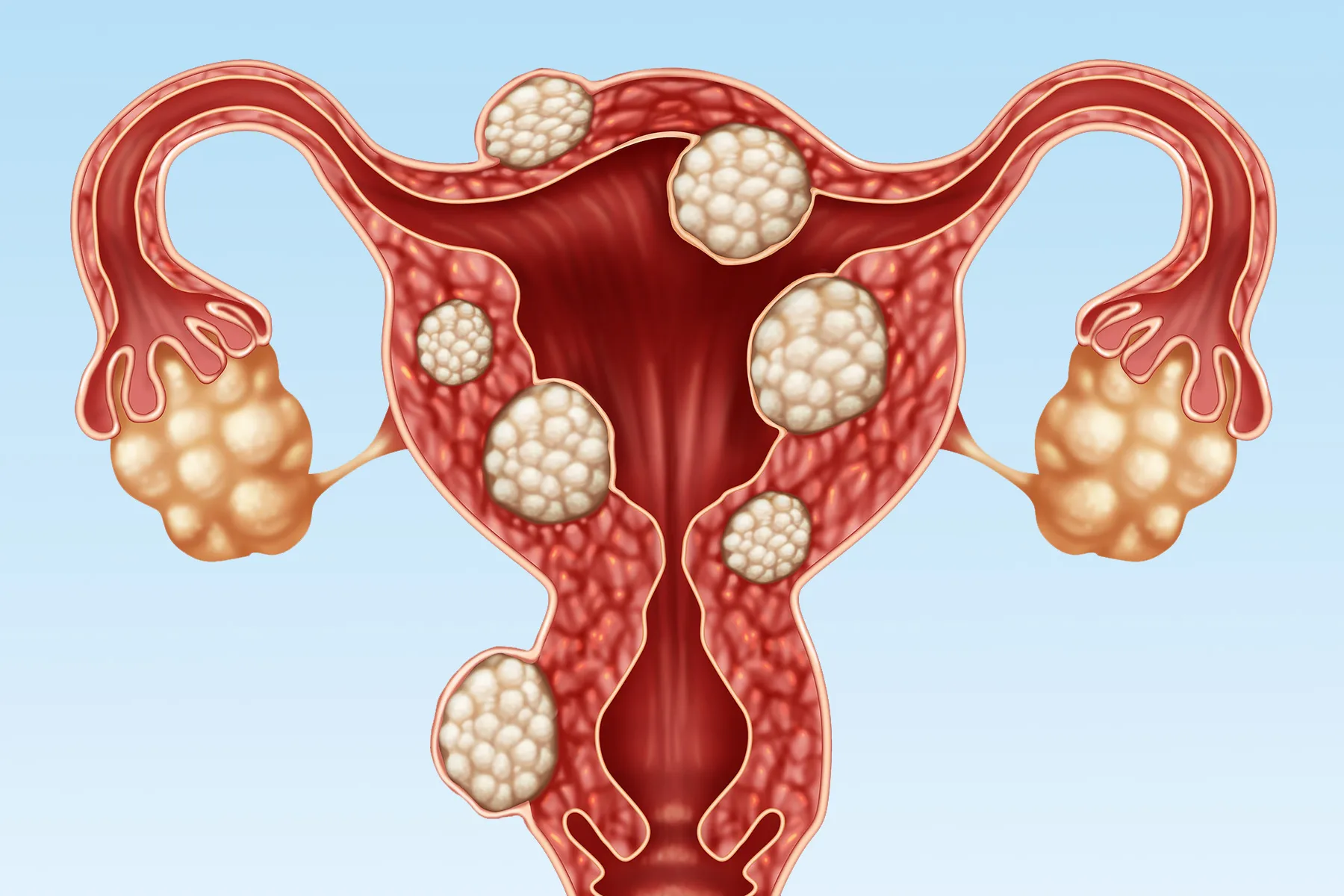
What are Uterine Fibroids?
Also known as leiomyomas or myomas, uterine fibroids are benign growths that develop from the muscle tissue of the uterus. They can vary in size from microscopic to large masses that can change the shape of the uterus. A woman can have a single fibroid or multiple fibroids at once.
Fibroids are categorized by their location within the uterus:
-
Intramural Fibroids: Grow within the muscular uterine wall.
-
Submucosal Fibroids: Bulge into the uterine cavity.
-
Subserosal Fibroids: Project to the outside of the uterus.
The location and size of the fibroid determine the type and severity of symptoms a woman may experience.
7 Warning Signs of Uterine Fibroids
Many women with fibroids have no symptoms at all. However, if the fibroids grow larger or are located in a sensitive area, they can cause a range of issues. If you notice any of these signs, it's a good idea to consult a healthcare professional.
-
Heavy Menstrual Bleeding: This is one of the most common signs of submucosal fibroids, which grow into the uterine cavity. They can disrupt the uterine lining, leading to an abnormally heavy or prolonged menstrual flow. This can be so severe that it leads to anemia, causing fatigue, headaches, and dizziness.
-
Longer Periods or Spotting: In addition to heavy bleeding, fibroids can cause periods that last longer than seven days. You might also experience bleeding or spotting between periods, which should always be investigated by a doctor.
-
Pelvic Pain or Discomfort: Larger fibroids, particularly intramural ones, can cause a constant feeling of pressure or heaviness in the pelvic region. In some cases, a fibroid can degenerate, leading to acute, severe pelvic pain and fever.
-
Bladder Problems: A fibroid growing on the front of the uterus can press against the bladder, leading to increased urinary frequency. In some rare cases, it can even prevent a woman from fully emptying her bladder, which can be dangerous.
-
Rectal Pressure: Similarly, a fibroid located on the back of the uterus can press on the rectum. This can cause a feeling of fullness, making bowel movements difficult and potentially leading to constipation or even hemorrhoids.
-
Lower Back Pain: A fibroid on the back wall of the uterus can press on spinal nerves and muscles, causing persistent and intense back pain. This symptom may be accompanied by rectal pressure.
-
Painful Sexual Intercourse: The location and size of a fibroid can cause deep, sharp, or uncomfortable pain during sexual activity.
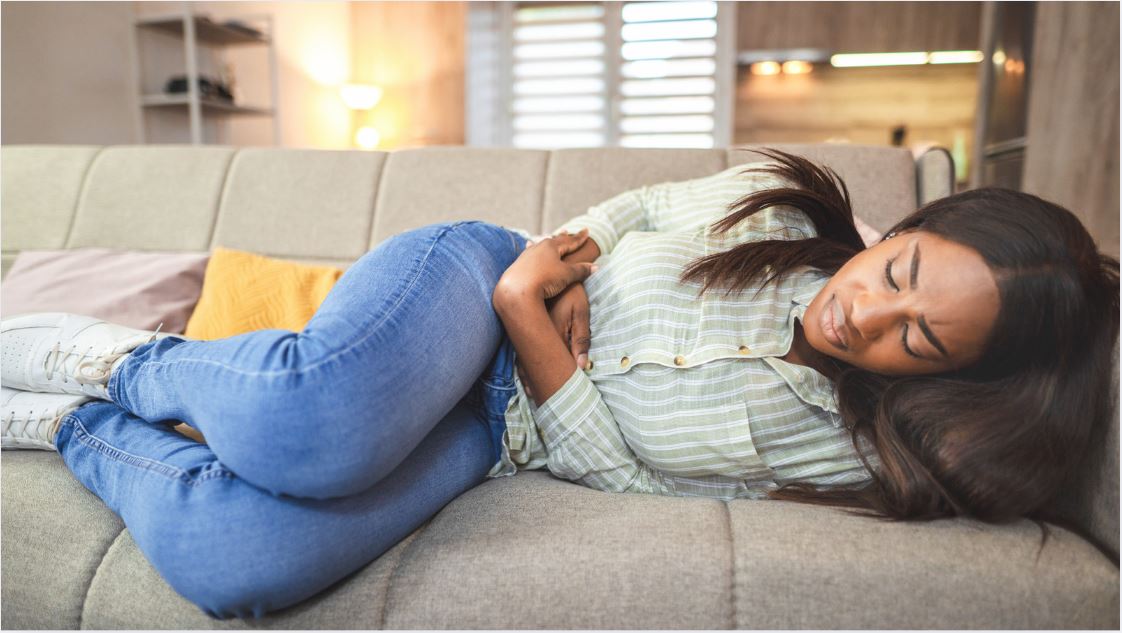
What Causes Fibroids?
The exact cause of uterine fibroids isn't fully understood, but it's believed to be linked to hormonal and genetic factors.
-
Hormones: Estrogen and progesterone, the hormones that regulate the menstrual cycle, appear to play a key role. Fibroid cells contain more hormone receptors than normal uterine muscle cells. This is why fibroids typically grow during a woman's reproductive years and tend to shrink after menopause.
-
Genetics: There appears to be a genetic predisposition to fibroids. If a close female relative has had them, you are more likely to develop them.
-
Race: African American women are at a higher risk of developing fibroids and often experience symptoms at a younger age.
Risk Factors for Uterine Fibroids
In addition to genetics and hormonal factors, some lifestyle choices can increase your risk of developing fibroids.
-
Diet: A diet high in red meat and low in fruits and vegetables may increase your risk.
-
Lifestyle: High blood pressure and regular alcohol consumption are also associated with a higher risk of developing fibroids.
If you are experiencing any of the warning signs of uterine fibroids, it is best to consult with your doctor. They can perform an ultrasound or other tests to confirm a diagnosis and discuss treatment options.
News in the same category

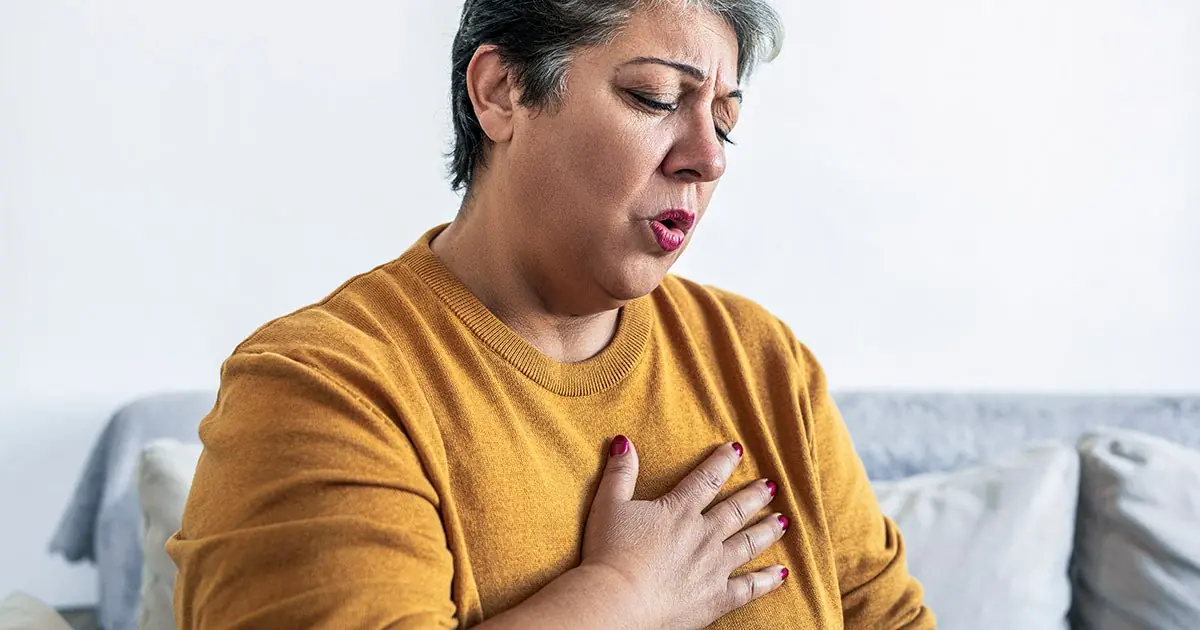
The First Warning Signs of Lung Disease That No One Talks About

Sip these 5 powerful drinks for stronger kidneys

1 cup to destroy inflammation, clear mucus & unclog sinus, chest, and lungs!

Red Spots on Skin: Causes, Treatments, and More (Extensive Guide)

Parasite Cleanses: Do They Really Improve Your Gut Health — and Are They Safe?

8 Teas to Drink for a Healthier Body and Mind
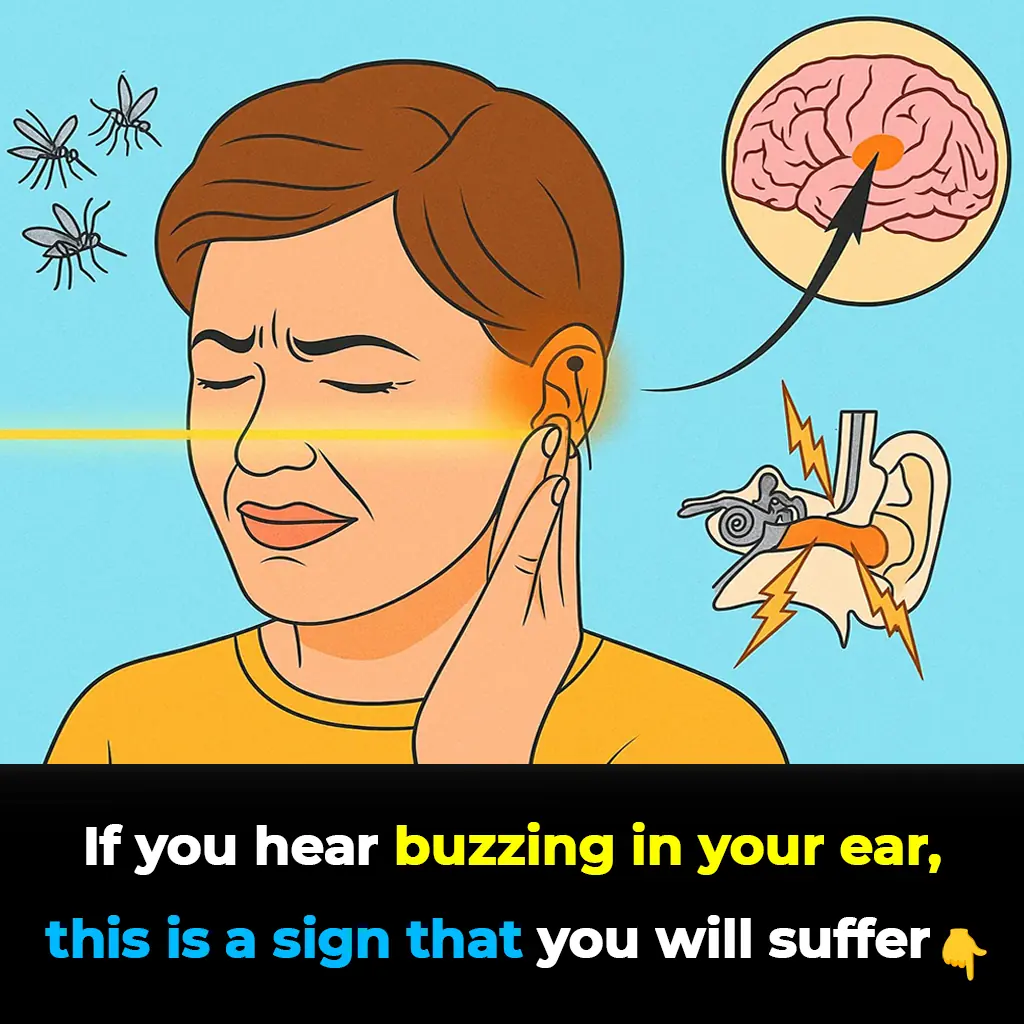
The Hidden Truth About Tinnitus: Why That Ringing in Your Ears Shouldn’t Be Ignored
Over time, repeated noise trauma damages tiny hair cells inside the cochlea, which cannot regenerate, resulting in permanent hearing changes and tinnitus.

DIY Turmeric & Ginger Shots to Fight Inflammation, Boost Immunity & Soothe Your Gut

Coconut water: Is It Good for You, Nutrition, Benefits, Side Effects (Science Based)

Clean Arteries: 10 Foods to Eat Daily
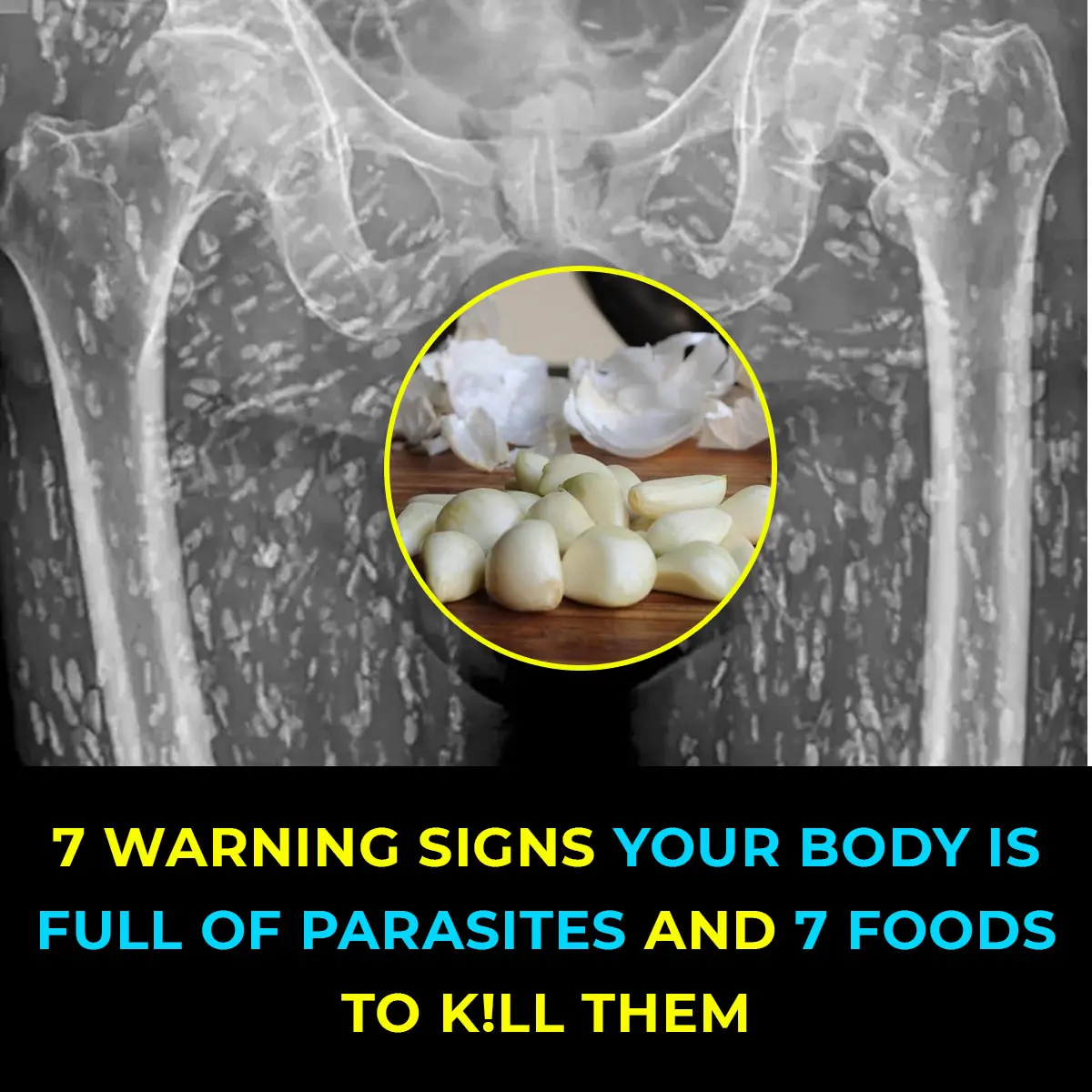
10 Warning Signs of Parasites in Your Body

Diet and Uric Acid: Foods to Avoid for Gout Prevention

8 Foods That Help Eliminate Cancer Cells
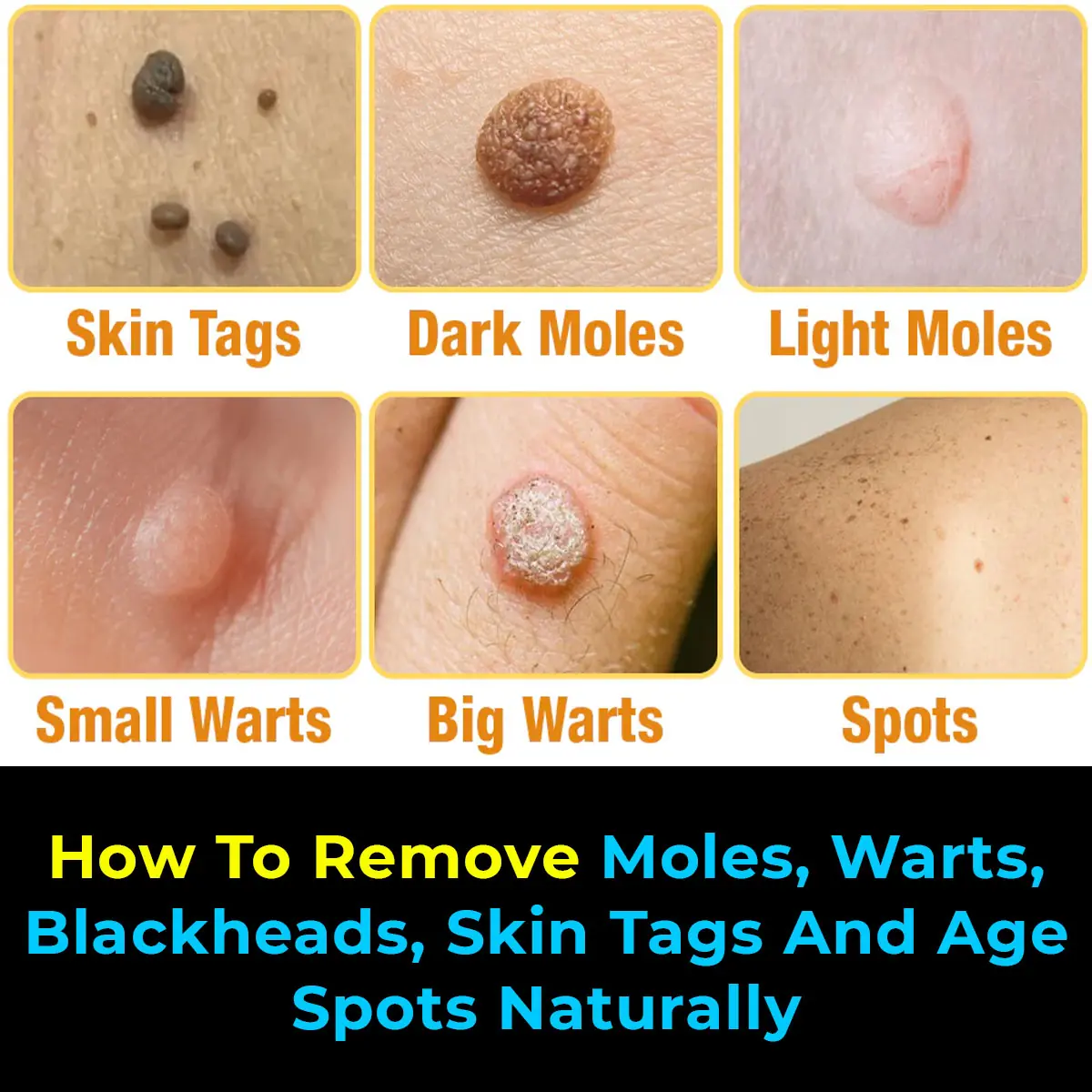
Natural Remedies to Address Skin Tags, Warts, and Blackheads

The Deficiency of These Vitamins Contributes to Panic Attacks

25-Year-Old Groom Dies from Acute Liver Failure After Eating Chicken – Doctors Warn of One Critical Danger!
Doctors caution people with pre-existing liver conditions, weakened immune systems, or chronic illnesses to exercise extra care when handling poultry and other high-risk.
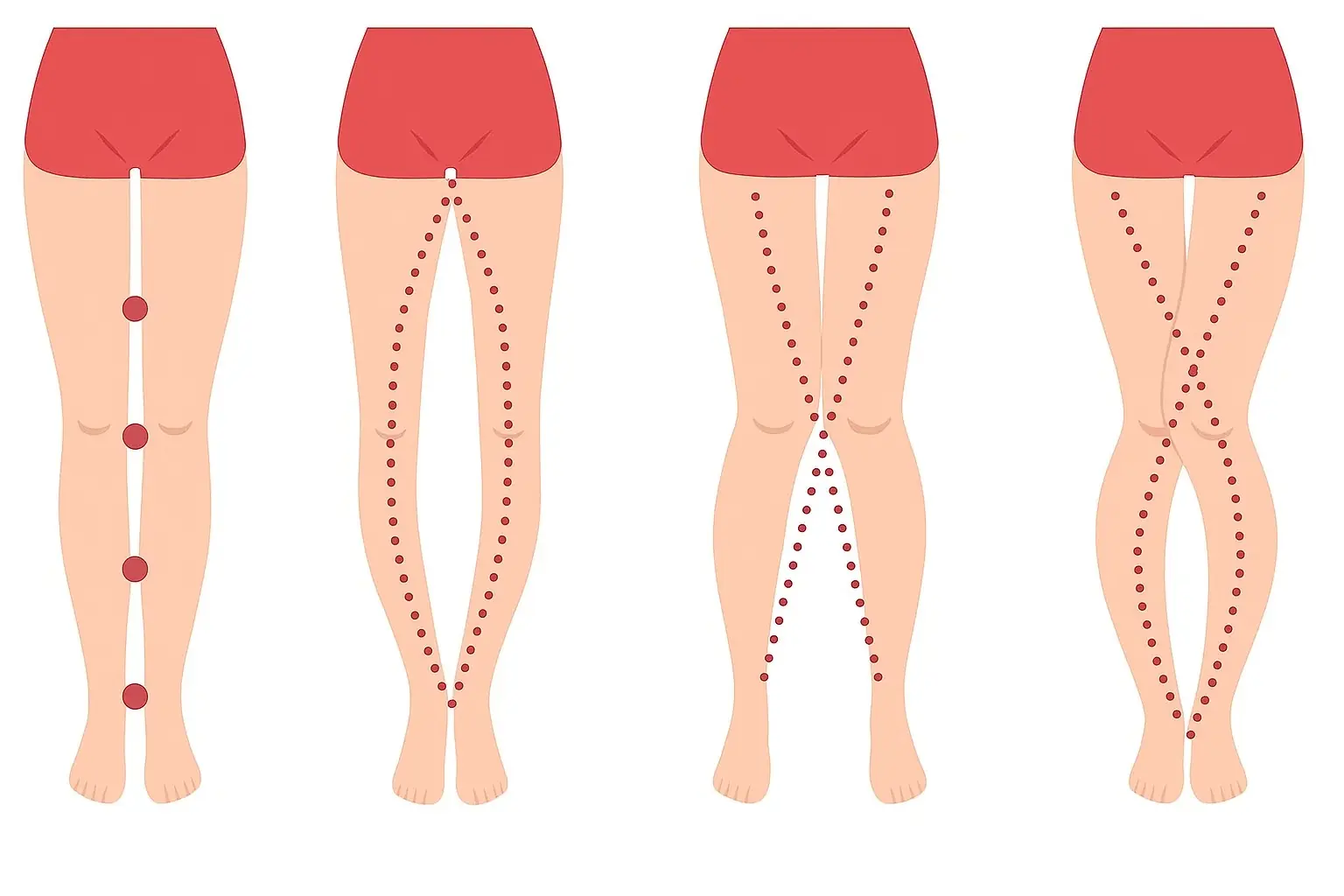
What Your Legs Can’t Say, Your Vagina Can — The Truth About the Female Body Most People Don’t Know
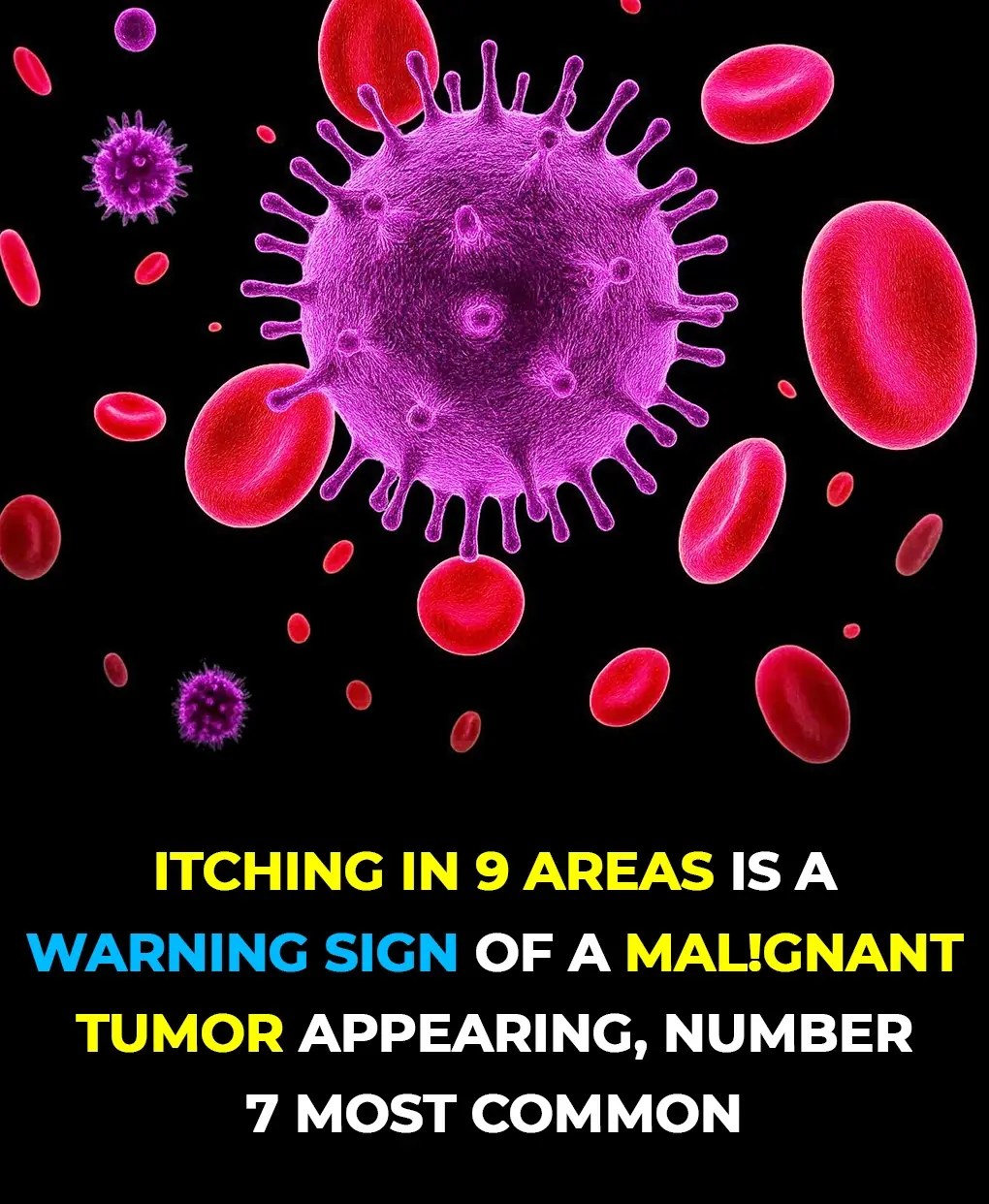
9 Areas Where Itching Could Signal Malignant Tumors — #7 Happens Most Often
News Post

8 Foods Scientists Say You Must Avoid for a Flat Stomach!

The First Warning Signs of Lung Disease That No One Talks About

Sip these 5 powerful drinks for stronger kidneys

1 cup to destroy inflammation, clear mucus & unclog sinus, chest, and lungs!

Red Spots on Skin: Causes, Treatments, and More (Extensive Guide)

Why a Cat Rubs Against You

True Meaning When Black Butterflies Visit You

Parasite Cleanses: Do They Really Improve Your Gut Health — and Are They Safe?

8 Teas to Drink for a Healthier Body and Mind

The Hidden Truth About Tinnitus: Why That Ringing in Your Ears Shouldn’t Be Ignored
Over time, repeated noise trauma damages tiny hair cells inside the cochlea, which cannot regenerate, resulting in permanent hearing changes and tinnitus.

DIY Turmeric & Ginger Shots to Fight Inflammation, Boost Immunity & Soothe Your Gut

Coconut water: Is It Good for You, Nutrition, Benefits, Side Effects (Science Based)

Clean Arteries: 10 Foods to Eat Daily

10 Warning Signs of Parasites in Your Body

Diet and Uric Acid: Foods to Avoid for Gout Prevention

Hiker Encounters Massive Snake Camouflaged Along South Carolina Creek

8 Foods That Help Eliminate Cancer Cells

David Quammen, the COVID Predictor Warns of New Pandemic Threats
